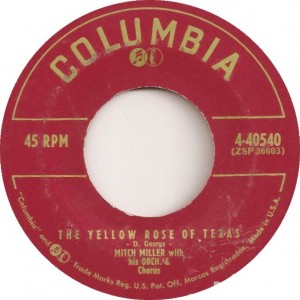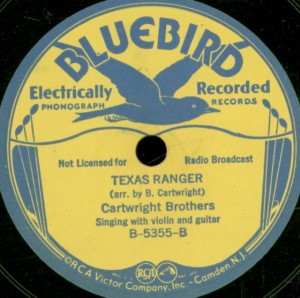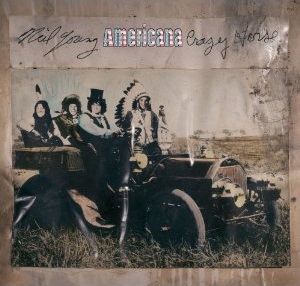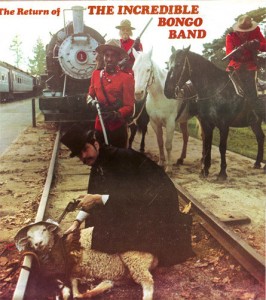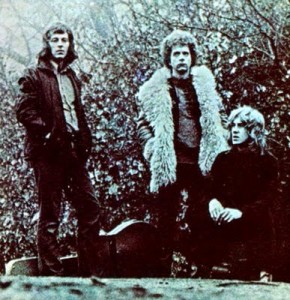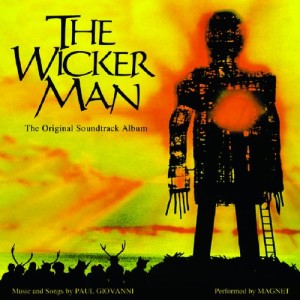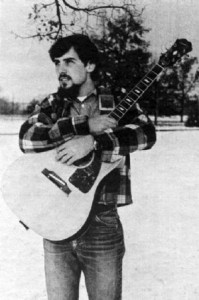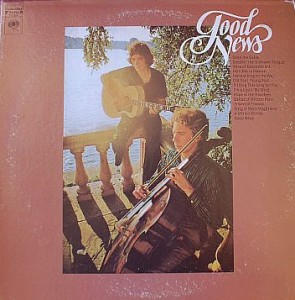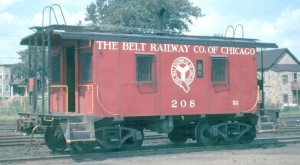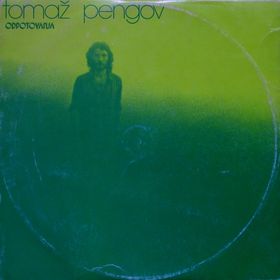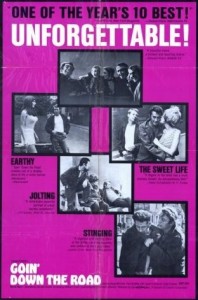The pronunciation of “Rio Grande”
Wednesday, March 5th, 2014I played Texocentric songs on last Sunday’s edition of Folkways for Texas Independence Day and I noticed that on the Cartwright Brothers’ 1929 “Texas Ranger” they pronounce “Rio Grande” as “RYE-oh Grand.” I’d first noticed the Texas river pronounced that way on Stan Freberg’s 1955 “Yellow Rose of Texas,” which parodies Mitch Miller’s singalong hit version of the song and which also uses that pronunciation. (So does a version by Johnny Desmond released hot on Miller’s heels in the summer of ’55 – another big hit.) I figured Freberg’s usage was an oversight that was especially regrettable since he mimics a Texan and I’ve only ever heard it as “REE-oh Grand” here in the Lone Star State.
The Cartwright Brothers threw me, though, because they were from the town of Munday in the Texas panhandle and their record came out so much earlier than the other ones. Additional poking around has informed me that the town of Rio Grande in Ohio happens to be pronounced “RYE-oh” and that the majority of the employees of the Denver Rio Grande Western Railroad, which ran in Utah, Colorado and New Mexico, also pronounced it that way. Maybe the railroad connection is the most relevant one here, with Munday close enough to the Intermountain area to adopt that quirk. (Gene Autry’s 1933 version of “The Yellow Rose of Texas” has him singing “REE-oh Grand.” He’s originally from Tioga, pronounced “Tie-OH-ga” in Northeast Texas.) Keeping my ears open…
Mitch Miller – “Yellow Rose of Texas” (1955) (“Rio Grande” at 1:12)
Cartwright Brothers – “Texas Ranger” (1929) (“Rio Grande” at :43)

